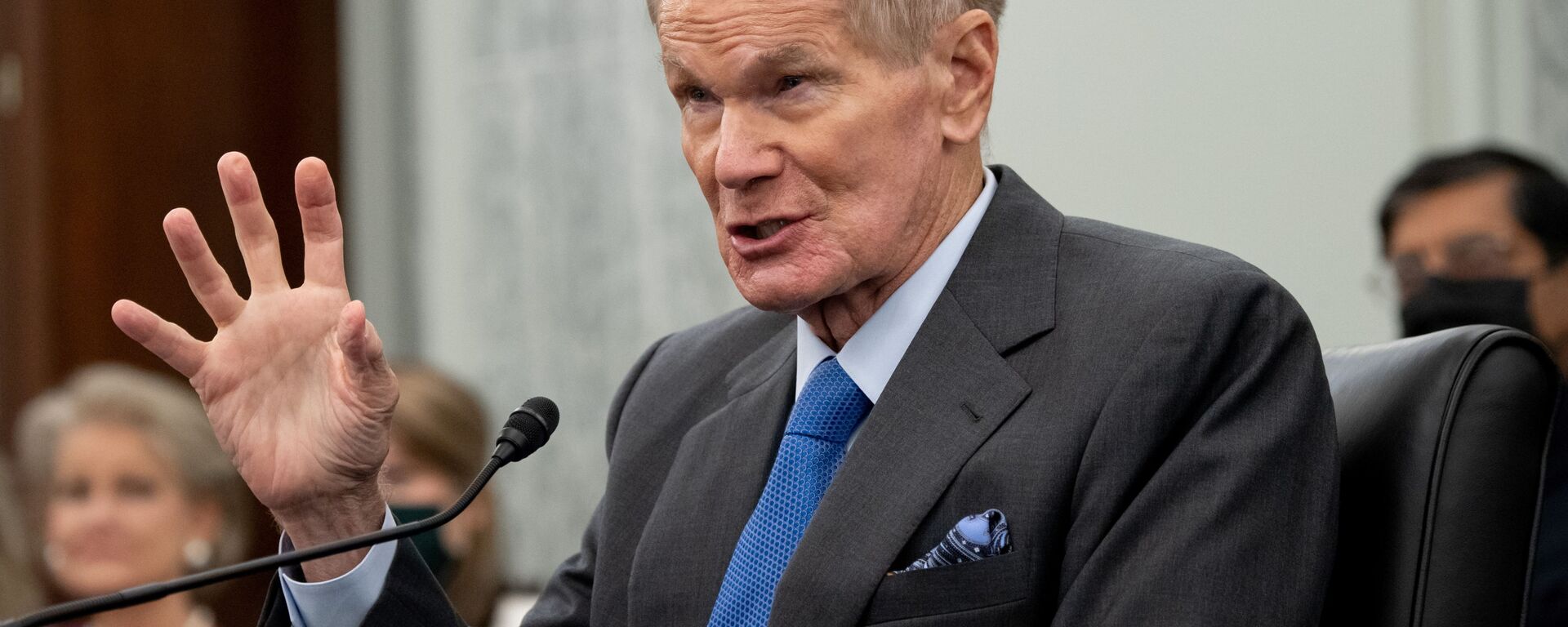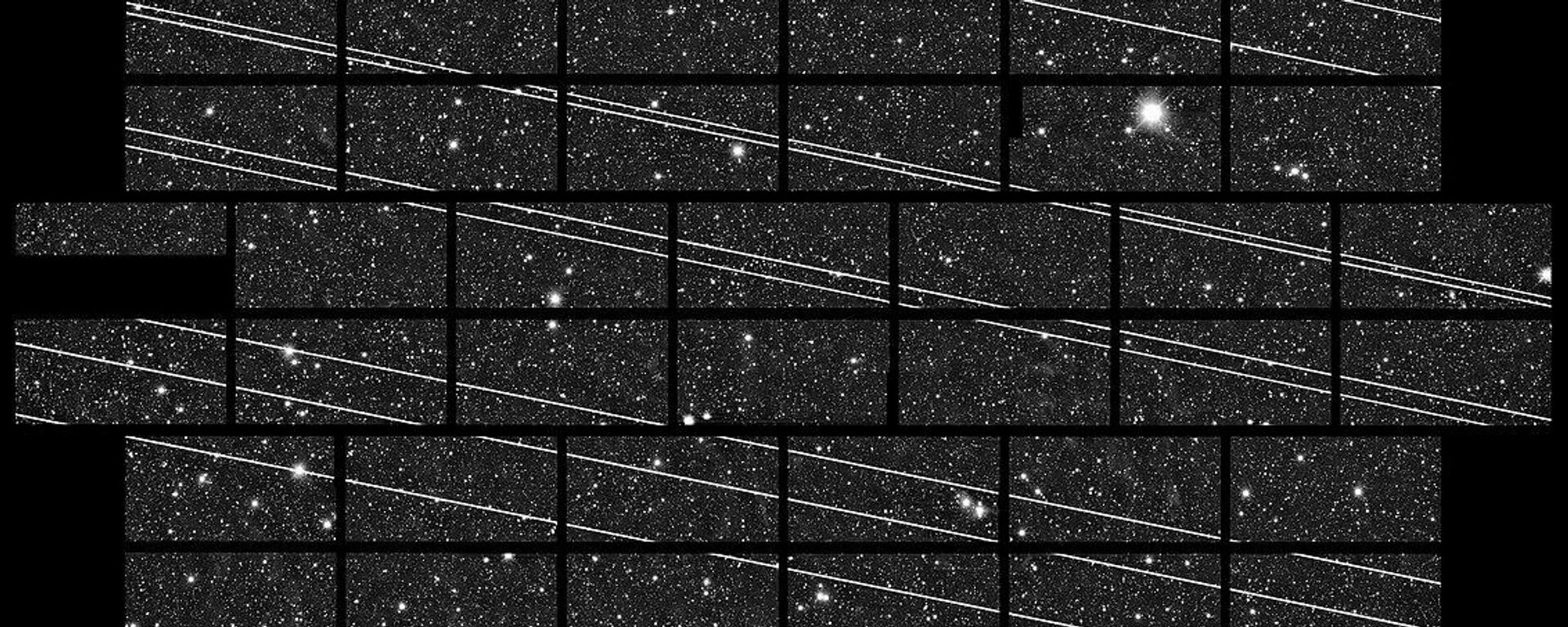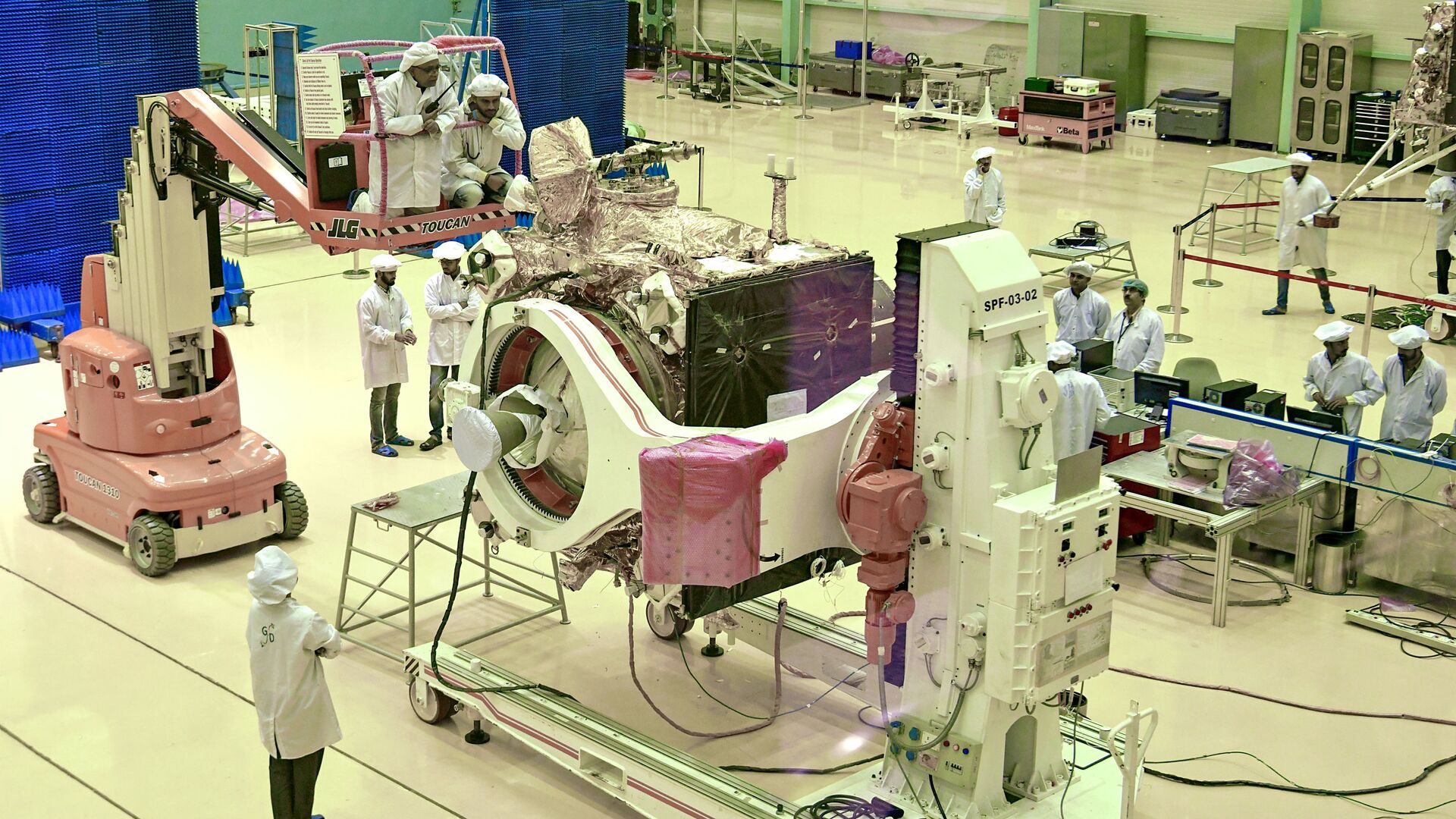https://sputnikglobe.com/20211026/could-russias-zeus-tem-be-a-gamechanger-for-indias-space-ambitions-1090227079.html
Could Russia's Zeus TEM Be a Gamechanger for India's Space Ambitions?
Could Russia's Zeus TEM Be a Gamechanger for India's Space Ambitions?
Sputnik International
Although the international community has accelerated its space ambitions, the Indian Space Research Organisation (ISRO) has significantly decreased its... 26.10.2021, Sputnik International
2021-10-26T19:02+0000
2021-10-26T19:02+0000
2023-04-12T16:57+0000
nasa
joe biden
india's mars orbiter spacecraft (isro)
narendra modi
vladimir putin
indian space research organization (isro)
russian federal space agency roscosmos
mars
moon
satellite
https://cdn1.img.sputnikglobe.com/img/107631/92/1076319267_0:160:3073:1888_1920x0_80_0_0_b00e79f16d5ad6ea374c47beee6c87a4.jpg
Amid a rising competition between China and the US in terms of space programmes, experts have put their weight behind Russia's Zeus Transportation and Energy Module, a deep space mobility platform commonly called a space tug, for ISRO that may enhance the space agency's capabilities in future interplanetary space missions.Zeus, equipped with a megawatt-class electric propulsion system, is suited for deep space flights from one orbit to another. Under development since 2010, the spacecraft's preliminary design is expected to be finished by 2024.ISRO's missions have been delayed for various reasons, including the ongoing testing of domestic technologies related to telemetry and tracking of satellites, and satellite communication links. By 2025, ISRO plans to launch interplanetary missions to Mars, the Sun, Moon, and Venus. ISRO chief K Sivan said in February of this year that a second mission to Mars will only be undertaken after the launch of Chandrayaan-3, India's upcoming Moon mission."Any sustained human presence will only be possible with constant resupply missions delivering payloads to the prospective Indian Space Station or other spacecraft. [The] Zeus Transportation and Energy Module can deliver some of these payloads by tugging Indian cargo spacecraft or contracted payload missions from other vendors", Pareek and Dr. Andrey Gubin from Far East Federal University, Vladivostok added in a recent research publication.At present, ISRO can only deliver four tonnes of payload to a geostationary transfer orbit and 10 tonnes to lower Earth orbit. Roscosmos claims Zeus will be able to deliver 10 tonnes of payload to the Moon in 200 days."India can diversify its payload delivery capabilities and amplify its in-orbit logistics by contracting the space mobility and in-orbit power source capabilities of Zeus", Pareek stated.ISRO is currently working on a reusable launch vehicle with a cryogenic and semi-cryogenic engine. It has already had success with cryogenic and reusable launch vehicle technology.The US: Elephant in the Room?On 24 September, Indian Prime Minister Narendra Modi and US President Joe Biden agreed to expand their partnership in space. New Delhi also decided to work with Washington to finalise a "Space Situational Awareness Memorandum of Understanding" by the end of the year, facilitating data sharing and sharing of services to ensure the long-term sustainability of outer space.These announcements are considered a significant shift in India's orientation. It had maintained at every platform that space resources are a "common heritage to mankind" and space issues should be addressed through the United Nations."India's involvement with Zeus may result in complications in the trajectory of India-US space cooperation. NASA may deny India access to key space technologies and services for fear of Intellectual Property (IP) leaks and strict operational secrecy concerns", Pareek said.Nonetheless, India has not made any announcement about whether it will join America's Artemis Accord or not. The Artemis Accord, joined by 12 countries, including Japan, Australia, the UAE, and the UK, is an agreement for lunar exploration and beyond, with the participation of both international partners and commercial players. Cooperation with Russia on Zeus will also assist India's ambition to strengthen its military space command, which is negatively impacted by ISRO's civilian programme as it exhausts most of the agency's resources. Taking a slew of progressive measures since last year, the Narendra Modi government has devised policy so that public sector laboratories in the space sector will focus on research and development. At the same time, manufacturing and commercial activities will be done by private entities.
https://sputnikglobe.com/20210825/nasa-chief-says-us-in-space-race-with-china-wants-beijing-as-partner-1083712503.html
https://sputnikglobe.com/20211008/russias-space-chief-warns-musks-starlink-satellites-could-hijack-cruise-missiles-mid-flight-1089765311.html
mars
Sputnik International
feedback@sputniknews.com
+74956456601
MIA „Rossiya Segodnya“
2021
Rishikesh Kumar
https://cdn1.img.sputnikglobe.com/img/07e4/08/04/1080055820_0:0:388:389_100x100_80_0_0_40018ee210946d65d49ffba4f4c008e1.jpg
Rishikesh Kumar
https://cdn1.img.sputnikglobe.com/img/07e4/08/04/1080055820_0:0:388:389_100x100_80_0_0_40018ee210946d65d49ffba4f4c008e1.jpg
News
en_EN
Sputnik International
feedback@sputniknews.com
+74956456601
MIA „Rossiya Segodnya“
Sputnik International
feedback@sputniknews.com
+74956456601
MIA „Rossiya Segodnya“
Rishikesh Kumar
https://cdn1.img.sputnikglobe.com/img/07e4/08/04/1080055820_0:0:388:389_100x100_80_0_0_40018ee210946d65d49ffba4f4c008e1.jpg
nasa, joe biden, india's mars orbiter spacecraft (isro), narendra modi, vladimir putin, indian space research organization (isro), russian federal space agency roscosmos, mars, moon, satellite, space
nasa, joe biden, india's mars orbiter spacecraft (isro), narendra modi, vladimir putin, indian space research organization (isro), russian federal space agency roscosmos, mars, moon, satellite, space
Could Russia's Zeus TEM Be a Gamechanger for India's Space Ambitions?
19:02 GMT 26.10.2021 (Updated: 16:57 GMT 12.04.2023) Although the international community has accelerated its space ambitions, the Indian Space Research Organisation (ISRO) has significantly decreased its launches. In 2021, ISRO carried out only two launches in comparison with China's 39.
Amid a rising competition between China and the US in terms of space programmes, experts have put their weight behind Russia's Zeus Transportation and Energy Module, a deep space mobility platform commonly called a space tug, for ISRO that may enhance the space agency's capabilities in future interplanetary space missions.
Zeus, equipped with a megawatt-class electric propulsion system, is suited for deep space flights from one orbit to another. Under development since 2010, the spacecraft's preliminary design is expected to be finished by 2024.
"Zeus is envisioned to be a deep space mobility platform that can eventually even search for extraterrestrial life beyond our solar system. It's a platform that can deliver long endurance and low thrust meant for interplanetary missions - an area where ISRO should focus its energies once most commercial functions are fulfilled by new space sector companies".
Aditya Pareek
Research Analyst, Takshashila Institution
ISRO's missions have been delayed for various reasons, including the ongoing testing of domestic technologies related to telemetry and tracking of satellites, and satellite communication links.
By 2025, ISRO plans to launch interplanetary missions to Mars, the Sun, Moon, and Venus. ISRO chief K Sivan said in February of this year that a
second mission to Mars will only be undertaken after the launch of Chandrayaan-3, India's upcoming Moon mission.
"Any sustained human presence will only be possible with constant resupply missions delivering payloads to the prospective Indian Space Station or other spacecraft. [The] Zeus Transportation and Energy Module can deliver some of these payloads by tugging Indian cargo spacecraft or contracted payload missions from other vendors", Pareek and Dr. Andrey Gubin from Far East Federal University, Vladivostok added in a recent research publication.

25 August 2021, 16:42 GMT
At present, ISRO can only deliver
four tonnes of payload to a geostationary transfer orbit and 10 tonnes to lower Earth orbit. Roscosmos claims Zeus will be able to deliver 10 tonnes of payload to the Moon in 200 days.
"India can diversify its payload delivery capabilities and amplify its in-orbit logistics by contracting the space mobility and in-orbit power source capabilities of Zeus", Pareek stated.
ISRO is currently working on a reusable launch vehicle with a cryogenic and semi-cryogenic engine. It has already had success with cryogenic and reusable launch vehicle technology.
The US: Elephant in the Room?
On 24 September, Indian Prime Minister Narendra Modi and US President Joe Biden agreed to expand their
partnership in space. New Delhi also decided to work with Washington to finalise a "Space Situational Awareness Memorandum of Understanding" by the end of the year, facilitating data sharing and sharing of services to ensure the long-term sustainability of outer space.
These announcements are considered a significant shift in India's orientation. It had maintained at every platform that space resources are a "common heritage to mankind" and space issues should be addressed through the United Nations.

8 October 2021, 10:45 GMT
"India's involvement with Zeus may result in complications in the trajectory of India-US space cooperation. NASA may deny India access to key space technologies and services for fear of Intellectual Property (IP) leaks and strict operational secrecy concerns", Pareek said.
Nonetheless, India has not made any announcement about whether it will join America's Artemis Accord or not. The Artemis Accord, joined by 12 countries, including Japan, Australia, the UAE, and the UK, is an agreement for lunar exploration and beyond, with the participation of both international partners and commercial players.
"India has had a good relationship with NASA and Russia's Glavkosmos and took both these agencies' help when needed. India should continue with this policy and should not treat space collaboration as a zero-sum game and should continue collaborations with both these agencies for its needs. Collaboration with one should not be seen as hostility to the other".
Professor Mayank Vahiya
Department of Astronomy and Astrophysics, Tata Institute of Fundamental Research
Cooperation with Russia on Zeus will also assist India's ambition to strengthen its military space command, which is negatively impacted by ISRO's civilian programme as it exhausts most of the agency's resources. Taking a slew of progressive measures since last year, the Narendra Modi government has devised policy so that public sector laboratories in the space sector will focus on research and development. At the same time, manufacturing and commercial activities will be done by private entities.





